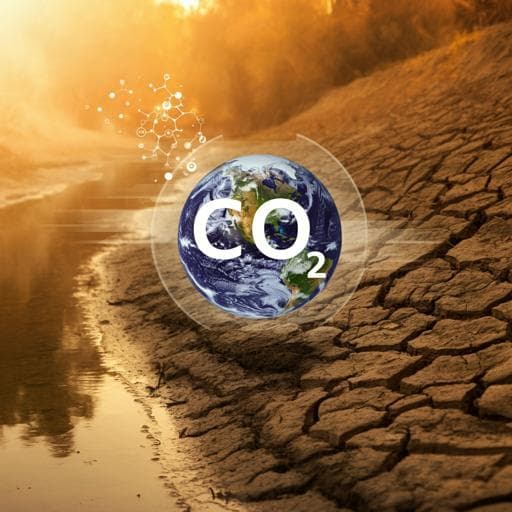
Environmental Studies and Forestry
Temperature extremes of 2022 reduced carbon uptake by forests in Europe
A. M. V. D. Woude, W. Peters, et al.
In 2022, Europe faced unprecedented heatwaves and a severe drought, reminiscent of the notable drought in 2018. This research reveals a significant decline in carbon uptake during these extreme conditions, with a staggering 30% of Europe affected. Despite a warmer autumn providing some recovery, the findings underscore the urgent need to reevaluate Europe’s strategies in achieving net-zero emissions. This vital research was conducted by an accomplished team of authors.
Related Publications
Explore these studies to deepen your understanding of the subject.







